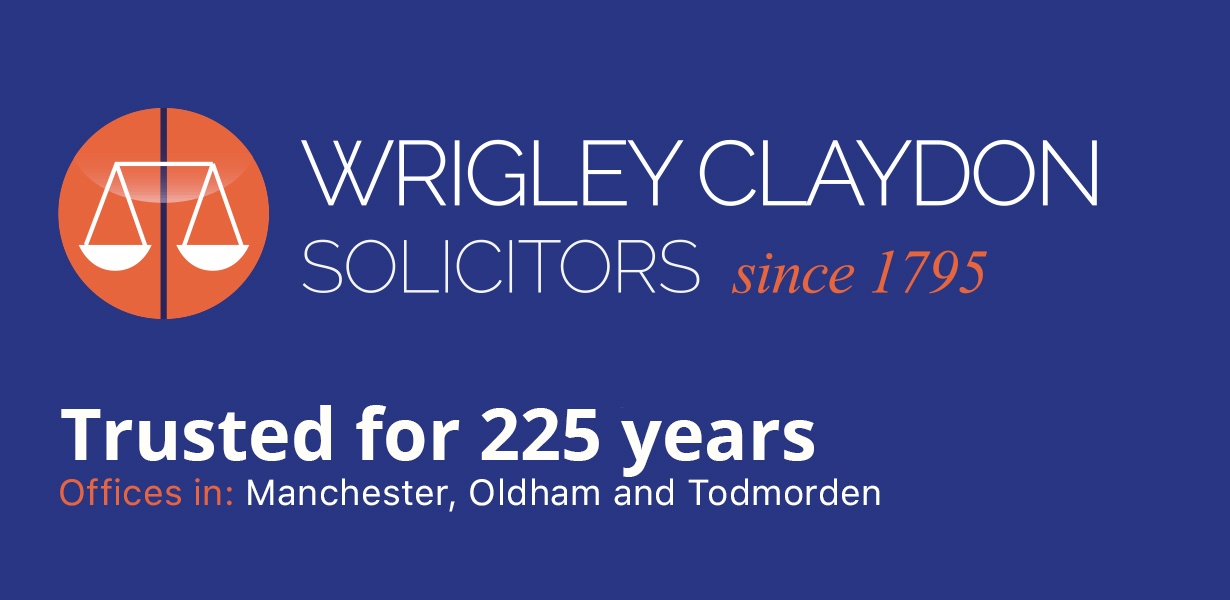Saturday 18 August has been reported as the most common day in 2018 to tie the knot in the UK. However, since the early 1970s, the number of people actually getting married has steadily decreased, dropping a further 3.4% last year. There have been many theories about why marriage rates are falling, but regardless the fact remains that fewer people are formalising their relationship.
In 2016 there were 3.3m cohabiting couples or around 6.6million cohabiting adults. This is officially the fastest growing family type, more than doubling from 1.5million couples just 20 years ago. Yet, a 2017 ComRes survey showed that only one couple in three knew there was no such thing as common law marriage.
The issue is widespread, with nearly 98% of professionals from family justice group Resolution reported having worked with a cohabiting couple who they were unable to help. A further 90% said the couples are often surprised to find out about their lack of rights.
To help raise awareness of this issue Rhona Royle from Wrigley Claydon Solicitors in Oldham and Todmorden is campaigning to raise awareness and encourage cohabiting couples to take steps protect themselves and their families.
Rhona explains: “If an unmarried couple breaks up, they would not necessarily be entitled to share in (what they thought were their) joint assets, such as a house they may have made significant financial contributions to, if they aren’t named as an owner on the deed. This is the same regardless of how long they have been together or whether they have children.”
In the absence of action from government, these couples need to know that they are not given rights through common law marriage but they can take appropriate actions to protect themselves. For example signing a cohabitation agreement is an easy and cost effective way to get financial peace of mind without getting married or forming a civil partnership.”








